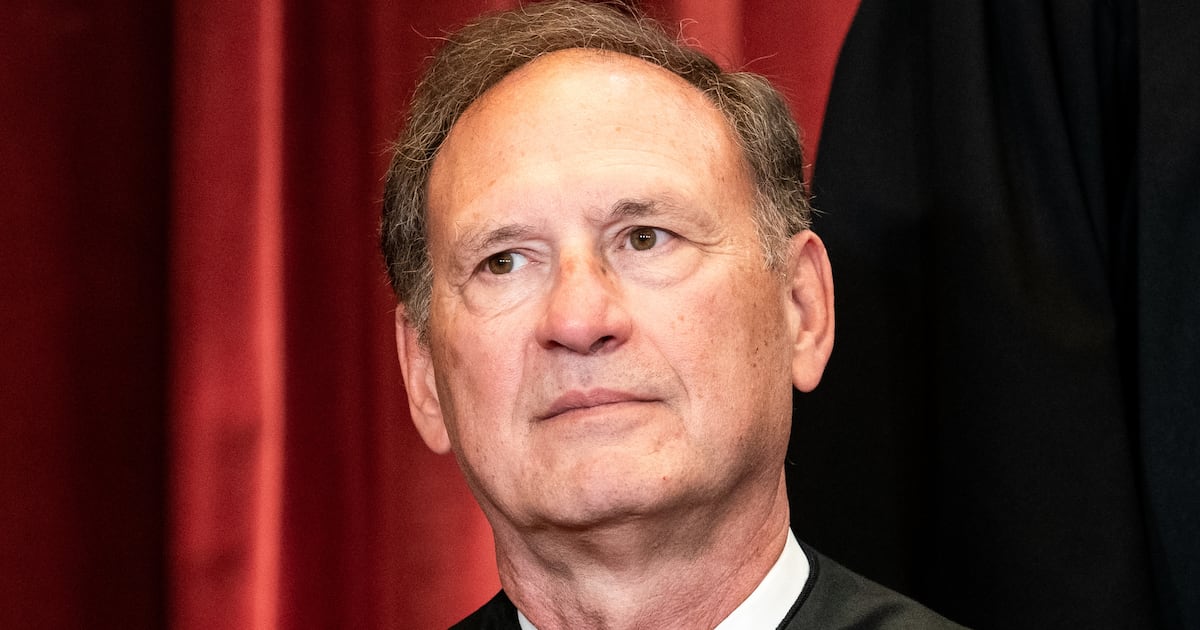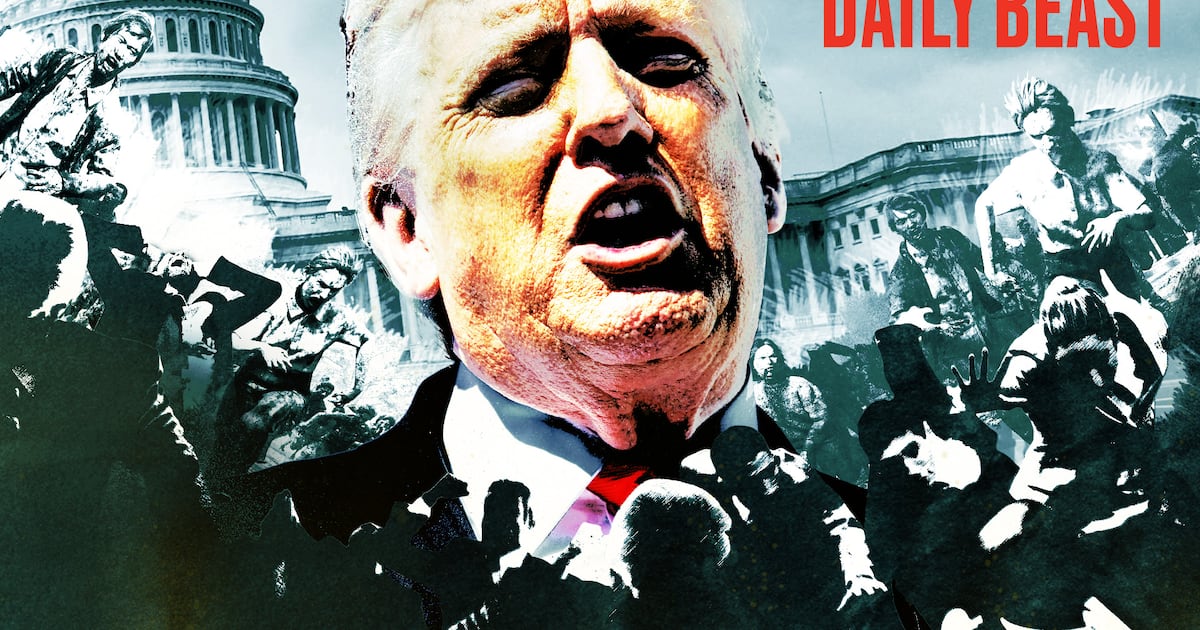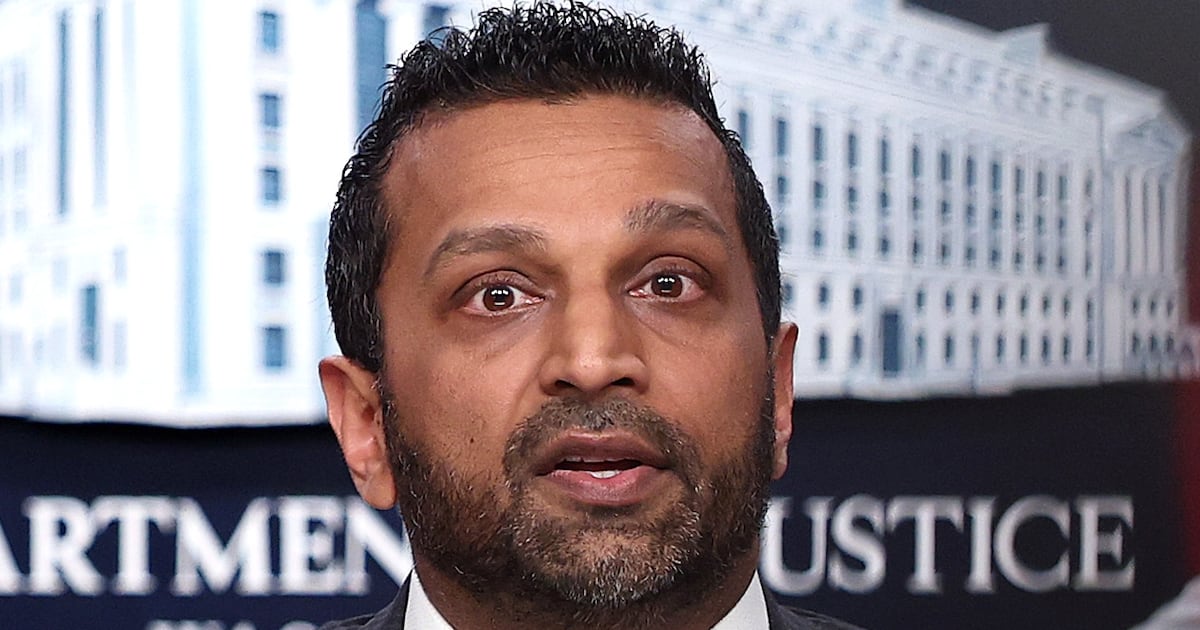It was the straw that broke the camel’s back. On Sunday I appeared as a guest on the Melissa Harris-Perry show to discuss the state of politics in America today. One of my fellow panelists, Angela Nye, observed:
“I was just thinking, to me, in 2010, the Republican infighting took a particularly dangerous tone because it wasn’t just about infighting anymore. It was about taking our country back with the resurrection of the Tea Party. And it was very, very racial, whether any of them will admit it or not.”
I frequently discuss politics on cable news outlets and expect partisan rhetoric from my fellow guests. But I found Nye’s comments incendiary and provocative. I rarely lose my temper on air, but I could not leave the reflexive “Republicans/Tea Party are racist” meme unaddressed. I fear race relations have worsened rather than improved in the Obama era of “hope and change.” Legitimate disagreement with the president and congressional Democrats often is characterized as being racist or racially motivated rather than a genuine difference of opinion on policy.
Nye is correct about one thing. The rise of the Tea Party in 2010 was about taking our country back. Not back from the country’s first elected African-American president but back from an arrogant, out-of-touch group of Washington, D.C., politicians who repeatedly ignored their constituents’ warnings about the massive expansion of federal government spending. Despite widespread opposition to the whimsically named Patient Protection and Affordable Care Act, Democrats rammed the bill through both chambers of Congress without a single Republican vote.
The manner in which Obamacare became law is remarkable when one compares it to the passage of many of President Johnson’s Great Society programs. The Civil Rights Act of 1964, the Voting Rights Act of 1965, and Medicare in 1965 were passed with strong bipartisan votes in the U.S. House of Representatives and the U.S. Senate.
Thirty-five years later, Tea Party groups emerged in cities and states across the nation as a direct result of President Obama and congressional Democrats’ desire to impose their will on the American people by creating the largest new government entitlement since 1965 on a partisan vote.
As the polls closed on November 2, 2010, Democrats found themselves soundly beaten. Republicans gained 63 seats in the House of Representatives to wrest control of the chamber from the Democrats, the largest seat change since 1948. Republicans also picked up six seats in the Senate. Across the country, Republicans gained 680 seats in the state legislatures, along with control of 25 state legislatures and 29 of 50 governorships. I’d hardly say the election results were “very, very racial.” Instead they were a rebuke from the American electorate to Democrats who had overreached.
“The Tea Party has some serious racial challenges,” Nye continued Sunday. “For example, when the House of Representatives was voting on Obamacare, all of the Tea Party members who came to protest on the Hill spat on my future boss, who was the Congressional Black Caucus’s incoming chair. [Rep.] John Lewis, who had been beaten and bludgeoned to ensure we would all have voting rights and parity in this country, was called the N-word. So this isn’t something that I made up. These are things that really happened.”
Really? After Nye had finished, I asked whether she was present that day on the Hill. She said she was not. I replied that I was present and that I didn’t hear or see any of the alleged racial behavior by Tea Party members. Let me break her comments down even further. Nye alleged that all of the Tea Party members spat on her future boss, Rep. Emanuel Cleaver (D-MO). Politico reported that a man had been arrested for allegedly spitting at Cleaver, but the congressman refused to press charges. While the incident was despicable, there is no evidence it had racial overtones. My point is that one man was arrested—not every Tea Party member, as Nye asserted.
The most troubling aspect of my dialogue with Nye was her incendiary charge that Rep. John Lewis (D-GA), a civil rights icon, had been called the N-word. For one, Lewis has never said Tea Party members have hurled the racial epithet at him. Other members of the Congressional Black Caucus have leveled that claim.
I was on Capitol Hill that day, and I walked across the street from the Cannon House Office Building when the Obamacare vote in question was taking place.
Many, many peaceful protesters were out that day. There were synchronized chants of “Kill the Bill,” but I didn’t see anyone saying anything untoward to any of the members of Congress, regardless of their race or gender, as they made their way to the Capitol Building. Of course, I could not hear or see everything as the representatives walked in to cast their votes, but I did not see Lewis accosted in any way.
Several television and radio crews were present that day, to say nothing of the assembled constituents. They have not said they heard the Tea Party members using racial slurs. The late Andrew Breitbart even offered a $100,000 reward for audio or video of Lewis being called a racial pejorative. In the era of the smartphone, I have a hard time believing the alleged incident wasn’t recorded.
Sadly, I think my exchange with Nye reflects a norm in Democratic thinking, not an exception: If you oppose Obama, you must be racist. If you oppose Obamacare and the expansion of the federal government during the Obama presidency, you must be racist. A member of the Tea Party? You must be racist.
The charge of racism without a shred of proof, much less irrefutable evidence, is doing terrible damage to our cultural fabric. We should be able to agree to disagree respectfully without invoking race at every turn. Racism still exists in our society, but I believe most assertions of racism toward the president and his policies are meant to silence rather than to promote healthy dialogue. If the practice remains unchecked, legitimate incidents of racism will be dismissed.
Our national motto is E pluribus unum—“Out of Many, One.” If we do not respect our diversity of gender, race, and thought during the Obama presidency, I fear the spread of racial self-segregation. We can acknowledge and respect our political differences without accusing partisans of being racist in their thinking or motivation.






